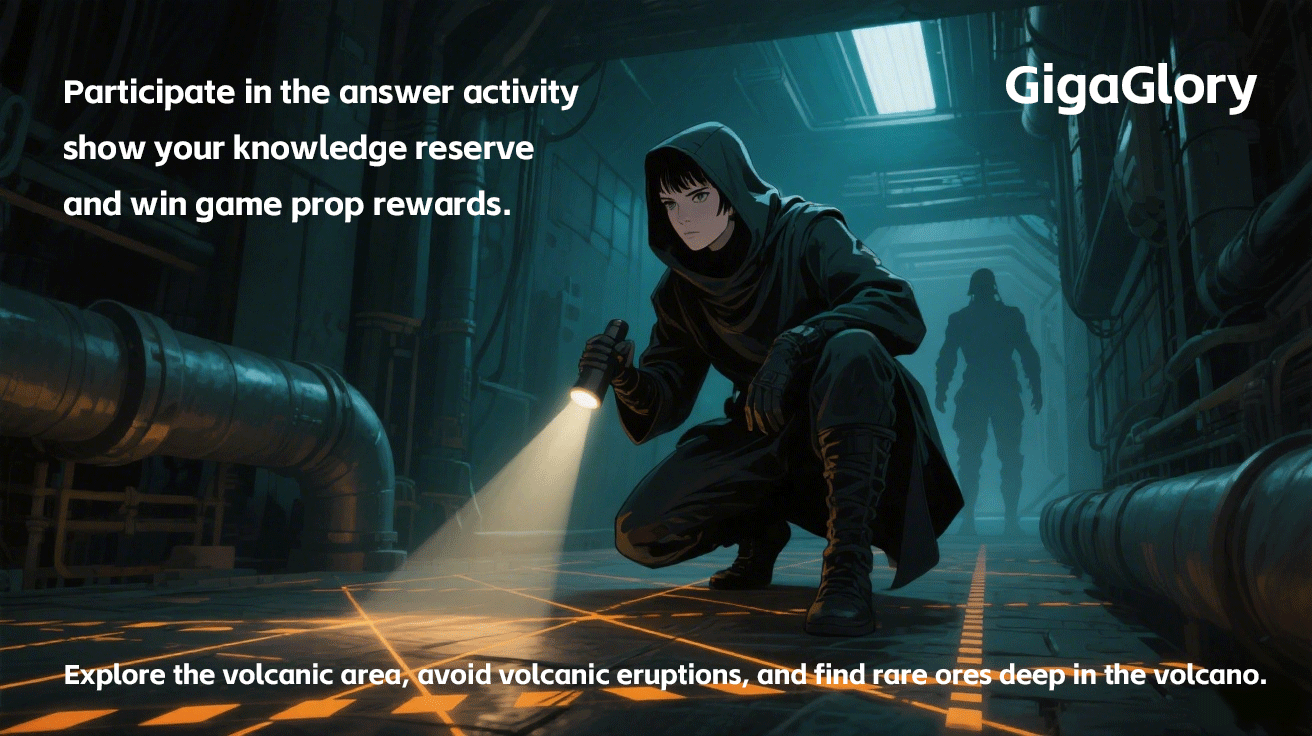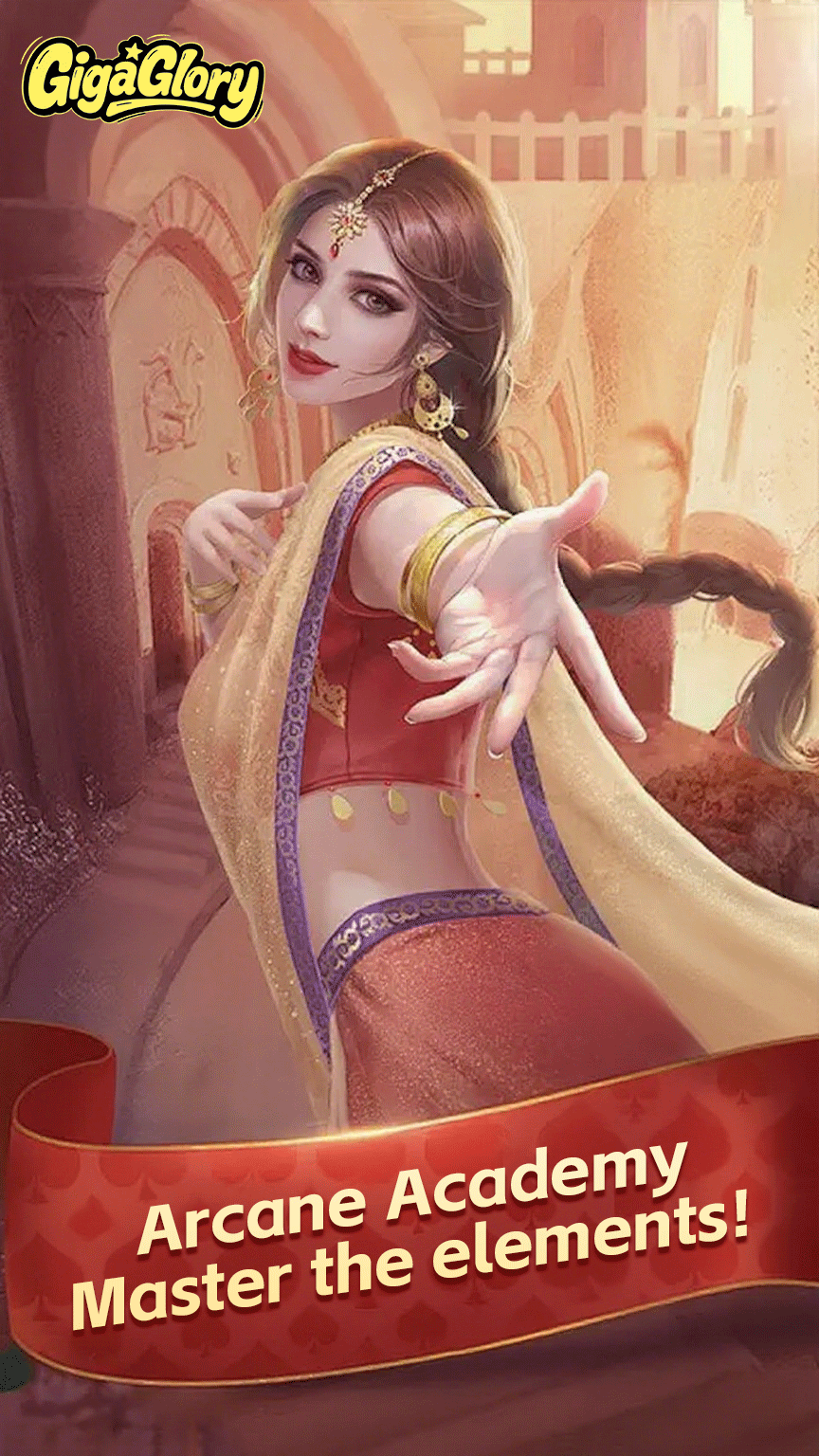Building Games vs. Puzzle Games: Which Will Ignite Your Creative Spark?
The Genesis of Creativity: Understanding Building and Puzzle Games
Every gamer knows the thrill of embarking on a new adventure. The question remains, will the path to creativity be paved by building games or lite puzzle games? These two genres offer distinct experiences: one invites you to craft worlds, while the other challenges your mental agility. The juxtaposition of these two gaming styles raises an essential question: Which can truly ignite your inner creativity?
Building Games: A Canvas for Your Imagination
Building games, such as Lego Star Wars: The Last Jedi, transport players into realms where they can mold landscapes and dictate the rules of engagement. Crafting your own kingdom, perhaps even intricately designed Norse lands, allows for a deep exploration of one's artistic inclinations. With tools at your fingertips, you can create elaborate structures, vibrant ecosystems, and epic stories all while enveloped in a world of imagination.
- Create expansive worlds, from castles to modern cities.
- Explore various resources and designs, redefining architecture.
- Engage in social multiplayer experiences for collaborative creativity.
Puzzle Games: The Art of Problem Solving
On the other side, puzzle games beckon you with their enigmatic challenges, demanding sharp thinking and an innovative approach. Titles like Kingdom of Norse Lands Puzzle ignite a thrill that comes from solving complex problems. Unlike building games, where creativity flows unrestricted, puzzle games require strategic thinking and an understanding of patterns. This intricacy has a peculiar charm that captivates players, reigniting their love for logical challenges.
- Sharpen your cognitive skills with every puzzle solved.
- Enjoy immersive narratives interwoven with engaging challenges.
- Revisit classic puzzles with modern reimaginings.
Creating vs. Solving: A Divergent Path of Enjoyment
The choice between building and puzzle games may often boil down to one’s personality. Do you thrive on creation, nurturing your thoughts into tangible forms? Or does the allure of a complex riddle call out to you, tempting you to embark on a journey of logic and deduction? Both games require a unique form of creativity, one is about expression, while the other is focused on resolution.
Immersion: Getting Lost in Your Imagination
At the heart of gaming is immersion. Building games often create expansive realms that captivate the player's sense of exploration. Whether traversing fictional landscapes or stylish underwater cities, you engage every sense and embark on adventures in self-designed territories. In contrast, puzzle games offer a concentrated sense of immersion. This focus can lead to a euphoric “aha!” moment when you finally unravel a complicated puzzle, giving rise to a different form of creative satisfaction.
Gameplay Mechanics and Strategies
| Game Type | Creativity Type | Example Games |
|---|---|---|
| Building Games | Creative Expression | Lego Star Wars, Minecraft |
| Puzzle Games | Logical Thinking | Kingdom Norse Lands, Sudoku |
The Social Aspect: Collaborating or Competing?
Both genres invite social interaction but in different silhouettes. Building games often encourage communal creation—friends can join your world, help build together, and exchange ideas. This collaborative spirit breathes life into projects, making shared creativity the focal point. Conversely, puzzle games often lean on individual competition, where players can challenge each other, fostering a spirit of rivalry that pushes them to reach new heights.
Skill Development: What Will You Gain?
Engagement in these games nurtures various skills. Building games develop spatial awareness, resource management, and imaginative planning. These skills are increasingly valuable in both educational and professional realms. Conversely, puzzle games sharpen critical thinking, enhance logic skills, and improve concentration—essential attributes in today’s fast-paced world.
Key Skill Gains from Playing
- Building Games: Creativity, spatial skills, teamwork.
- Puzzle Games: Logical reasoning, problem-solving, focus.
Conclusion: Where Lies Your Creative Spark?
Ultimately, the choice between building games and puzzle games varies by individual preference and creative inclination. Some may find solace in the meticulous planning of constructing a kingdom, while others thrive amidst the stimulating challenges presented by puzzles. The beauty lies in knowing that both genres possess the ability to unlock your artistic potential. The question remains: where will you find your creative spark? In the realm of limitless imagination, or the enticing labyrinth of logical conquest?
FAQs
1. What makes building games more creative?
Building games allow players to express their creativity by designing worlds without limitations, encouraging freeform expression.
2. Why are puzzle games appealing to players?
Puzzle games challenge cognition and problem-solving skills, offering engaging narratives that captivate players' attention and intellect.
3. Can both game types coexist in a gamer’s experience?
Absolutely! Each game type brings unique benefits, and players often find value in switching between creative building and logical puzzles.



